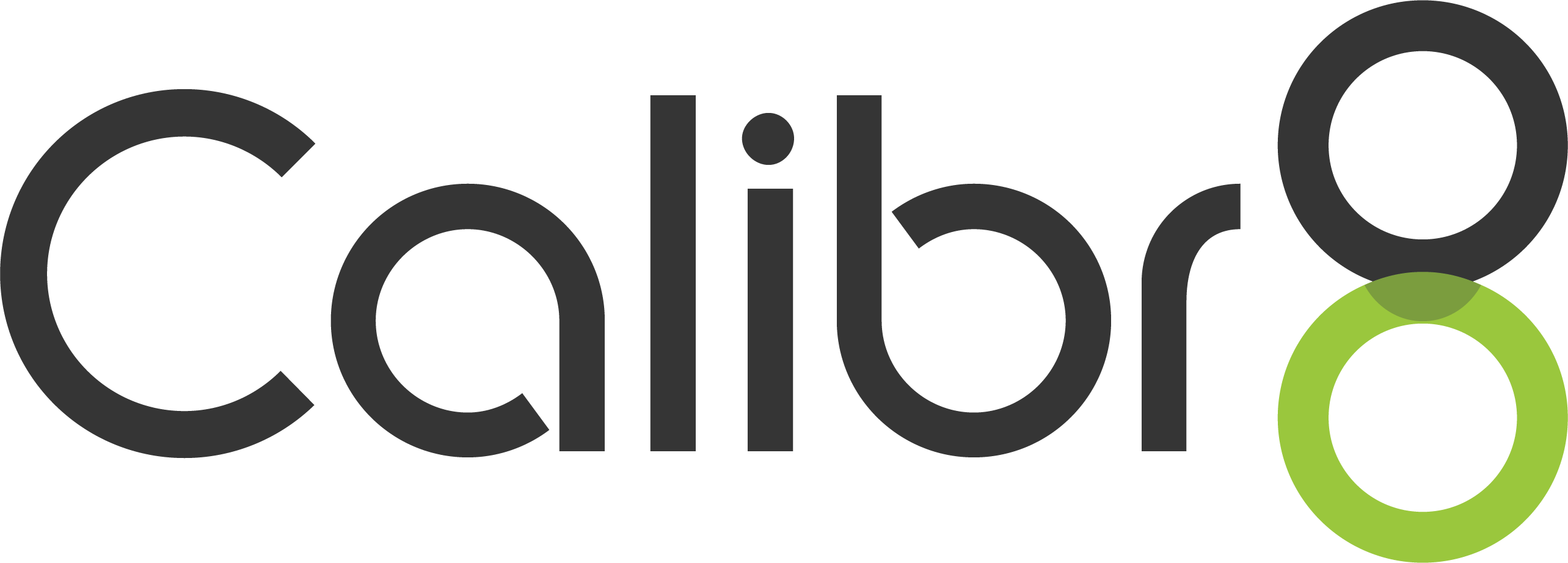As a business owner, you know that your brand is one of your most valuable assets. It’s what sets you apart from your competitors and helps you build customer loyalty. But how do you know if your brand is performing well in the market? This is where brand tracking studies come in.
In this blog post, we will discuss the importance of brand tracking studies for your business growth and how they can help you make data-driven decisions to improve your brand performance.
What are Brand Tracking Studies?
Brand tracking studies are a type of market research that helps businesses measure and track their brand awareness, brand perception, and customer loyalty over time. These studies typically involve surveys or interviews with a sample of your target audience to gather data on how they perceive your brand.
Why are Brand Tracking Studies Important?
Measure Brand Performance: provide data-driven insights into how your brand is performing in the market. You can track changes in brand awareness, brand perception, and customer loyalty over time, and use this information to make data-driven decisions to improve your brand performance.
Identify Areas of Improvement: can help you identify areas of your brand that need improvement. For example, if your brand awareness is low, you can invest in marketing efforts to increase visibility.
Competitive Analysis: can also help you compare your brand performance to that of your competitors. This information can help you identify gaps in the market and opportunities for growth.
Evaluate Marketing Campaigns: can help you evaluate the effectiveness of your marketing campaigns. By tracking changes in brand awareness and perception before and after a campaign, you can determine its impact on your brand performance.
How to Conduct Brand Tracking Studies?
Define Your Objectives: Before conducting a brand tracking study, it’s essential to define your objectives. What do you want to measure? What are your research questions?
Identify Your Target Audience: Identify the target audience for your brand tracking study. This could be your existing customers, potential customers, or a specific demographic group.
Choose a Methodology: There are several methodologies to conduct these types of studies, including online surveys, telephone interviews, or focus groups. Choose a methodology that is appropriate for your target audience and research objectives.
Design the Survey: Design a survey that includes questions related to brand awareness, perception, and customer loyalty.
Analyze the Data: Once you’ve collected the data, analyze it to identify trends and patterns. Use this information to make data-driven decisions to improve your brand performance.
Conclusion
Brand tracking studies are essential for businesses looking to improve their brand performance and drive growth. They provide data-driven insights into brand awareness, perception, and customer loyalty, and help businesses make data-driven decisions. If you’re looking for a reliable and efficient market research partner to conduct brand tracking studies for your business, consider The Logit Group. We offer a holistic approach to market research, leveraging innovation and a wide range of methodologies.
FAQs
Studies should ideally be conducted regularly to ensure that the data is current and actionable. The frequency can vary depending on the specific needs of the business, industry trends, and the dynamics of the market. Many companies opt for quarterly or bi-annual studies to maintain a continuous understanding of their brand’s performance. Regular intervals allow businesses to track changes over time, measure the impact of marketing campaigns, and make timely adjustments to their strategies.
When analyzing the results, businesses should focus on several key performance indicators (KPIs) to gain comprehensive insights. Important metrics include brand awareness, which measures how familiar the target audience is with the brand; brand perception, which assesses the attitudes and opinions people hold about the brand; and customer loyalty, which looks at the likelihood of customers continuing to purchase or recommend the brand. Additionally, metrics such as net promoter score (NPS), brand equity, and customer satisfaction can provide deeper insights into overall brand health and areas for improvement.
Conducting these types of studies can come with challenges and limitations, such as survey fatigue among respondents, sampling bias, and the difficulty of capturing nuanced customer perceptions through quantitative data alone. To address these issues, businesses should ensure that surveys are well-designed and concise to maintain respondent engagement. It is also important to use representative sampling methods to capture a diverse and accurate picture of the target audience. Combining quantitative surveys with qualitative methods, such as focus groups or in-depth interviews, can provide richer, more contextual insights that complement the numerical data.
Have a project that you’re looking to field?
Logit can help. Just fill out the form below and a Logit Group team member will be in contact with you shortly. Get a quote today.







